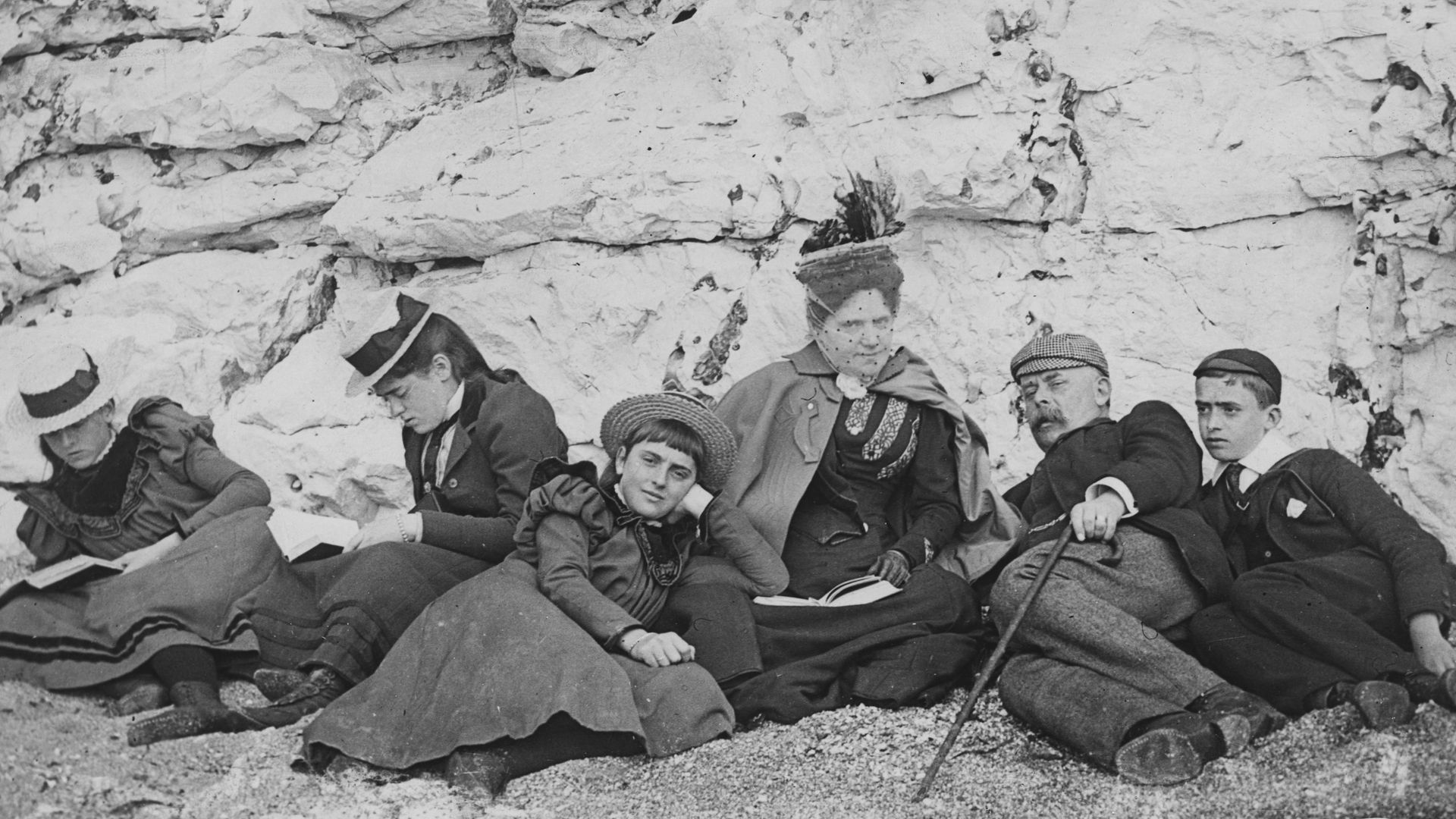The attorney general has referred the sentencing of Ben John to the court of appeal. John was convicted of preparing information likely to be of useful to a person either committing or preparing a terrorist act – said ‘information’ consisting in over 70,000 documents about white supremacist ideology and bomb-making that the 21-year-old former student had downloaded from the internet. Handing down a two-year suspended sentence, the judge, Timothy Spencer, also instructed John to change his reading habits: “Have you read Dickens? Austen? Start with Pride and Prejudice and Dickens A Tale of Two Cities. Shakespeare’s Twelfth Night. Think about Hardy. Think about Trollope.” This robust list was followed by the injunction that the errant scholar returns to court every four months to be tested on English literary canon.
The attorney general seems to think this enforced study is too lenient – but frankly, many of my students would prefer a jail term to almost any amount of serious reading; or at least, this is my conjecture, given they turn up for seminar after seminar having completely failed to do any at all. More pertinent, I think, is whether Judge John’s reading list is the right one to sway a neo-Nazi from the path of damnation. What exactly have Dickens or Austen got to do with racism and fascism beyond covertly endorsing the racism implicit in Enlightenment values more generally? Thinking about Hardy leads one to consider rural poverty and patriarchy – to some extent; but thinking about Trollope just makes me feel a little sleepy.
As for Twelfth Night, here the judge seems wilfully ignorant: Shakespeare deals with race extensively in his oeuvre, but not in this play. Had John been convicted of a transgender or homophobic hate crime, Twelfth Night, with its cross-dressing and undercurrents of the homoerotic, might have been mandated – but for racists and anti-Semites Othello and The Merchant of Venice are better bets for effective rehabilitation. Better, perhaps – but by no means a sure cure for recidivism. Indeed, the whole idea of the morally-ennobling effects of this grand literary tradition seems to many to be in itself a covert endorsement of Eurocentric values – and by extension white supremacy, which is why contemporary postcolonial literary critics are so intent on spiking the Western canon altogether.
They have a point – and if it were possible to enact moral suasion by literature alone (something I sincerely doubt) then works that compel readers to identify with those who’re racially oppressed would seem mandated. So why not Toni Morrison’s Beloved, or Richard Wright’s Native Son? Or, speaking more to the contemporary British experience of blackness (and femininity) Bernardine Evaristo’s Booker-Prize-winning Girl, Woman, Other? As for neo-Nazism, the most powerful evocation of the reality of the Nazis’ death camps that I’ve read remains Primo Levi’s If this is a Man; but the problem here – as with all ethics that rest on aesthetics – is that John would have to be moved by literature (rather than just instructions) before reading his memoir, in order to identify – and hence sympathise – with the suffering Levi endured and witnessed in Auschwitz.
It could be that since Holocaust denial is so central to contemporary white supremacists that John would benefit more from a painstaking discussion of the mechanics of the Holocaust. Christopher Browning’s Ordinary Men is just such a study: detailing exhaustively the actions of a single German reserve police battalion in Lithuania and Poland in 1942, who were responsible for the murder of tens of thousands of Jews. As Browning’s title suggests, his contention – one, I believe he entirely proves – is that these men were not fanatical killers or ideological fanatics, but quite normal people compelled to commit atrocities by groupthink. Of course, the sort of narcissistic personality that foments world domination in a back bedroom armed only with an internet connection is hardly likely to find such a study salutary – but rather, confirmatory of his own voluntary blood-thirstiness.
But I think the final nail in the coffin of Judge Spencer’s misguided pedagogy is, indeed, his refusal to hand down a custodial sentence. Normally, I would resist such a measure except for actually – rather than potentially – violent actions; however, if he had real courage in his convictions (sorry), he would have sent John to the one place where young men do read, since entertainment of any kind is at a premium – to wit: prison. The only problem then would’ve been getting hold of a book – since successive governments have cut expenditure on such fripperies, while ensuring the prison population continues to grow.



